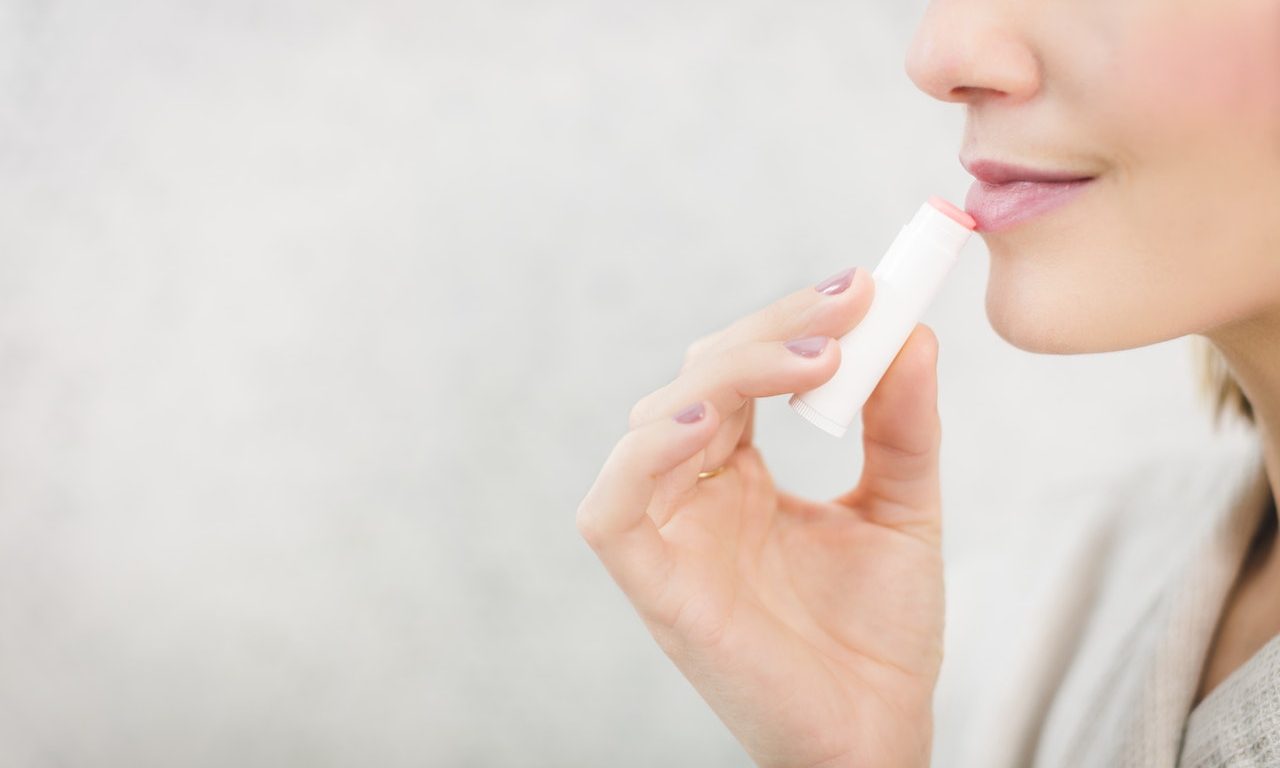Self-care is often misunderstood or neglected, but it’s an essential part of maintaining physical and mental health. It’s not about indulging in luxury or being selfish, but rather about taking care of ourselves so that we can better care for others and lead happier, more fulfilling lives.
Unfortunately, with busy schedules and the demands of daily life, it can be easy to neglect our own needs and well-being. That’s why it’s important to make self-care a priority and incorporate it into our daily routines. In this article, we’ll explore the essential habits of self-care and how to make them a part of your daily routine.
Get enough sleep
Sleep is essential for physical and mental well-being, and it’s important to get enough quality sleep to feel rested and rejuvenated. Aim for 7-9 hours of sleep per night and create a consistent sleep routine to help you get a good night’s rest. This might include winding down before bedtime, creating a comfortable sleep environment, and limiting screens and other distractions. Getting enough sleep can help improve mood, memory, and overall health and well-being.
Eat a healthy diet
A healthy diet is an important aspect of self-care, as it provides the nutrients and energy we need to function at our best. Aim for a diet that is rich in fruits, vegetables, whole grains, and lean protein, and limit sugary and processed foods. A healthy diet can help improve mood, energy levels, and overall health and well-being. It can also help reduce the risk of chronic diseases such as heart disease, diabetes, and certain types of cancer.
Stay hydrated
Proper hydration is essential for physical and mental health, and it’s important to drink enough water throughout the day. Aim for at least 8 cups of water per day and carry a water bottle with you to stay hydrated on the go. Water is essential for many body functions, including regulating body temperature, transporting nutrients, and aiding in digestion. It’s also important to stay hydrated for optimal mental clarity and focus.
Exercise regularly
Exercise is an important part of self-care, as it helps improve physical and mental well-being. Aim for at least 30 minutes of moderate-intensity exercise per day, such as walking, swimming, or cycling. Exercise can help improve mood, reduce stress, and boost energy levels. It can also help improve physical health, such as reducing the risk of chronic diseases and improving cardiovascular health.
Practice stress management
Stress is a normal part of life, but chronic stress can have negative impacts on our health and well-being. Practice stress management techniques, such as deep breathing, meditation, or yoga, to help manage stress and maintain a healthy balance. Stress management techniques can help improve mood, reduce anxiety, and improve overall health and well-being.
Take breaks and relax
It’s important to take breaks and relax to recharge and prevent burnout. Take time to do things you enjoy, such as reading, hobbies, or spending time with friends and family. Taking breaks and relaxing can help improve mood, reduce stress, and boost energy levels. It’s important to make time for relaxation and leisure activities, as they can help you feel more balanced and fulfilled.
Seek support
Self-care isn’t about doing everything on your own – it’s about finding support and resources to help you take care of yourself. Seek support from friends, family, or a professional therapist if you need it. Having a strong support system can help you feel more connected and less alone, and can provide a source of encouragement and guidance. It’s important to remember that it’s okay to ask for help when you need it, and that seeking support is an important aspect of self-care.
Self-care is an essential part of maintaining physical and mental health, and it’s important to make it a priority in our daily lives. By incorporating habits such as getting enough sleep, eating a healthy diet, staying hydrated, exercising regularly, practicing stress management, taking breaks and relaxing, and seeking support, we can lead healthier, happier lives.
But it’s important to remember that self-care isn’t a one-time thing – it’s a continuous process that requires ongoing effort and commitment. It’s natural to have ups and downs and to feel overwhelmed or burnt out from time to time, but by making self-care a priority and building it into our daily routines, we can better cope with life’s challenges and lead healthier, happier lives.
So don’t neglect your own needs – make self-care a priority and see how it can improve your well-being. Take the first step today and see how incorporating these essential habits into your daily routine can make a positive difference in your life.

